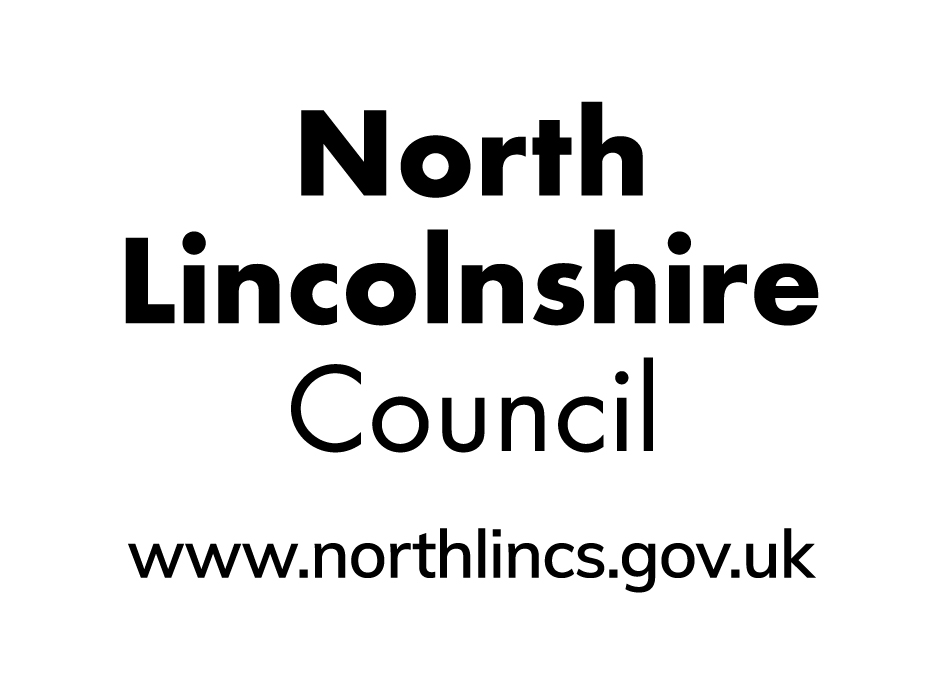Early Years Education and Childcare
Are you looking for childcare? Use our online directory to search for Ofsted registered childcare in your area.
If you need further information and assistance, contact the Family Information Service email fis@northlincs.gov.uk
For information on financial help that is available to families of children with Special Educational Needs and Disabilities to meet the costs of childcare please also see our Help with childcare costs web page.
The Local Authority is committed to promoting high standards of childcare that meets the needs of parents and children in North Lincolnshire. This includes giving disabled children and children with special educational needs, greater support, choice and opportunities. Please see ‘inclusive childcare’ tab for more information.
Inclusive Early Years Education and Childcare
The Local Authority is committed to promoting high standards of early years education and childcare that meets the needs of parents and children in North Lincolnshire. All Ofsted registered early years providers, including nurseries, childminders, pre-schools and reception classes in schools must meet the requirements of the SEND Code of Practice 2014 (0-25 years), the Children and Families Act 2014 and the Early Years Foundation Stage framework
This gives disabled children and children with special educational needs, greater support, choice and opportunities. Providers must:
- Involve you and your child in decision making and ensure you receive the information and support you require.
- Respond effectively to your child’s emerging needs.
- Work together with professionals and services to have a coordinated approach to ensure positive outcomes for your child.
- Demonstrate an approach to caring that enables all children to fully participate in learning activities.
In addition, providers have a duty placed on them by the Equality Act 2010 to make ‘reasonable adjustments’ for children with SEND.
Section 5.1 of the Act states
“5.10 All early years providers have duties under the Equality Act 2010. In particular, they must not discriminate against, harass or victimise disabled children, and they must make reasonable adjustments, including the provision of auxiliary aids and services for disabled children, to prevent them being put at substantial disadvantage. This duty is anticipatory – it requires thought to be given in advance to what disabled children and young people might require and what adjustments might need to be made to prevent that disadvantage. All publicly funded early years providers must promote equality of opportunity for disabled children.”
Research evidence shows that regular, high quality early education has lasting benefits, providing a valuable experience for your child. It helps them learn and develop and prepares them for transition in to school. As part of the Early Years Foundation Stage (EYFS), all providers must provide a broad range of experiences which promote children’s learning and development through play, exploration and communication within a fun, safe and nurturing environment. Your childminder, pre-school, nursery or reception class will be able to give your more information about this.
All early years education and childcare practitioners work in partnership with parents and other professionals to use a range of strategies to promote children’s development throughout their early years. Parents are a key partner and are kept informed about their children’s developmental progress at all times, through daily contact and regular updates.
You can find out more about the EYFS and how you can support your child’s learning in the What to expect in the EYFS – A guide for parents
If you are not happy with the care and education your child is receiving at their early years setting or school, you can find details of the steps you need to take to make a complaint in the handbook under section 2.10.
Free Early Education for Two Year Olds
Your child may be entitled to 15 hours a week funded childcare from the term following their second birthday. This is for 38 weeks a year, but may be stretched over more weeks.
How do I apply for Two Year Old Funding?
For information on how to apply for funding, please visit North Lincolnshire Council’s two-year old funding webpage.
Free Early Education for Three and Four Year Olds
All three and four year olds are entitled to up to 15 hours of funded early education for 38 weeks of the year. Working families of three and four year olds may also be eligible for an additional 15 hours per week of funded early education and childcare for 38 weeks of the year. Families may choose to stretch the funded hours over more weeks of the year.
Children are eligible the school term after their third birthday (autumn, spring and summer terms).
The funding provides a valuable educational opportunity for children, encouraged by a carer to learn through play. They will have fun in a safe and nurturing environment whilst making friends and preparing for school.
To access the universal 15 hours of early education funding contact your child’s existing carer or contact the local early years education and childcare settings on 01724 296629
To access the extended 15 hours for working families you must meet an eligibility criteria and apply via the Childcare Choices website.
For more information about three and four year old early education funding please visit the North Lincolnshire Council three and four year old funding webpage.
Inclusive Funding
What is the disability access fund?
The disability access fund (DAF) has been set up to help your child to access a place in an Early Years setting from three years of age. It is a one off payment of £881 per financial year paid to the setting your child attends.
Where a child attends more than one setting, you nominate which setting you would like to receive the funding. If a child receiving DAF moves from one setting to another within a financial year, the money will remain with the original setting. The new setting is not eligible to receive DAF funding for your child within the same financial year.
Children do not have to take up their full entitlement of early education per year in order to receive the DAF.
This funding is to help the setting to provide an accessible environment which will mean your child can access their early education in an inclusive environment.
Eligibility
Three and four year olds are eligible for the DAF if they are in receipt of Disability Living Allowance and access a funded early education place.
How to apply
If your child is eligible, you will need to complete a parent agreement form. This is given to you by your chosen setting. There will be a box for you to tick if your child is in receipt of Disability Living Allowance. It is important that that this is ticked to ensure the setting receives this one-off payment. You will also need to submit a copy of your child’s Disability Living Allowance award.
At times, Early Years settings including schools, pre-schools, nurseries and childminders may require additional funding to meet the needs of a child with identified Special Educational Needs and Disabilities.
In such circumstances, the childcare provider may submit an “inclusion funding” application for additional monies to enhance their provision to meet the needs of the child. This is likely to be funding to increase the staff to child ratios to ensure that they can fully meet the needs of the child and undertake any interventions recommended by external agencies. Where a childcare provider decides to apply for the inclusion funding, the application will be discussed with parents prior to submission of an application form.
All applications will be considered by the Early Years Inclusion Funding panel on a termly basis. Decisions are reached through a panel discussion of the information/evidence provided. Parents will be advised of the Inclusion Panels decision by their childcare setting.




